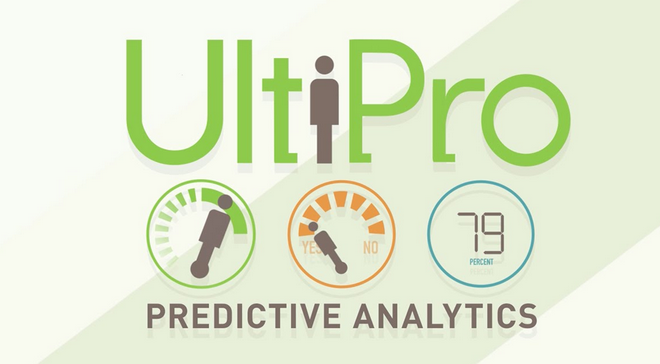4 Ways to Stay Off the Government’s Grid

Introduction:
As technology continues to advance, so does the government’s ability to keep tabs on its citizens. While there are numerous benefits to a more connected and digitized society, privacy can become a significant concern for some individuals. For those who value their anonymity, staying off the government’s grid may become increasingly challenging. However, there are several strategies that one can employ to minimize their digital footprint and maintain their privacy. Here are four ways to stay off the government’s grid.
1. Use Encrypted Communication Platforms:
In today’s world of surveillance and data collection, it is essential to be mindful of what you share online. To keep your communications private, opt for encrypted communication platforms or messaging apps that offer end-to-end encryption. This means that only the intended recipient can read your messages, and third parties like government agencies cannot easily intercept them. Examples of such platforms include Signal, Telegram, and ProtonMail.
2. Browse Anonymously:
The internet stores an alarming amount of information about you every time you visit a website or use online services. One way to combat this is by using tools that allow you to browse anonymously without leaving an easily traceable trail. A Virtual Private Network (VPN) is one such tool that can help protect your online activities from being monitored or logged by third parties. Additionally, consider using anonymous browsers like Tor or search engines like DuckDuckGo that do not collect your personal data.
3. Limit Personal Information Sharing:
It is relatively easy for anyone with an internet connection, including government entities, to access a vast amount of information about you based on what you share online. To limit your digital trail, be cautious about sharing personal information on social media platforms or other online spaces visible to the public. Take advantage of privacy settings on sites like Facebook and Twitter and always think twice before posting anything that could reveal details about your identity, location, or habits.
4. Use Cryptocurrency for Transactions:
Digital payments and electronic transactions are increasingly popular but also offer another avenue for governments to track your financial activities. To maintain financial privacy, consider using decentralized cryptocurrencies like Bitcoin, Monero, or Zcash. These digital currencies have built-in privacy features that make it difficult to trace transactions back to individual users. Ensure that you are using secure cryptocurrency wallets and always use caution when conducting financial transactions to protect your privacy further.
Conclusion:
Maintaining privacy in today’s increasingly interconnected world can seem like an insurmountable challenge. However, by employing these four strategies — encrypted communication platforms, browsing anonymously, limiting personal information sharing, and using cryptocurrencies — you can take significant steps towards staying off the government’s grid and protecting your desired level of anonymity. As technology continues to develop at a rapid pace, always remember to stay vigilant and adopt new strategies to safeguard your privacy in the digital realm.


